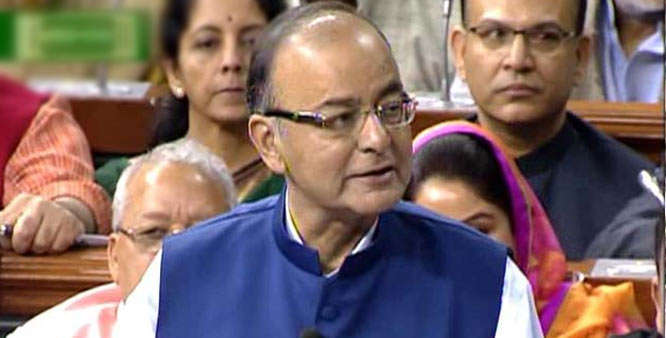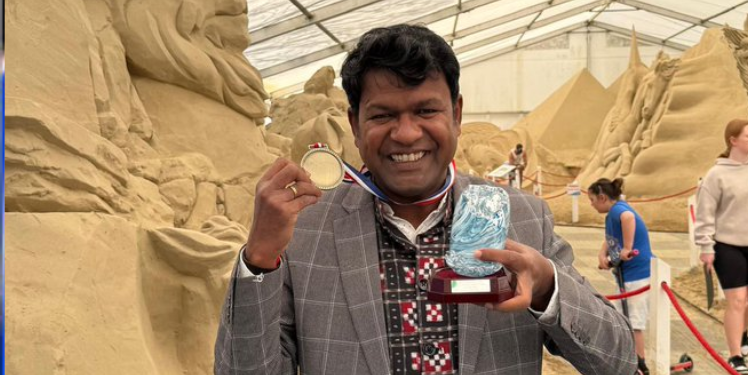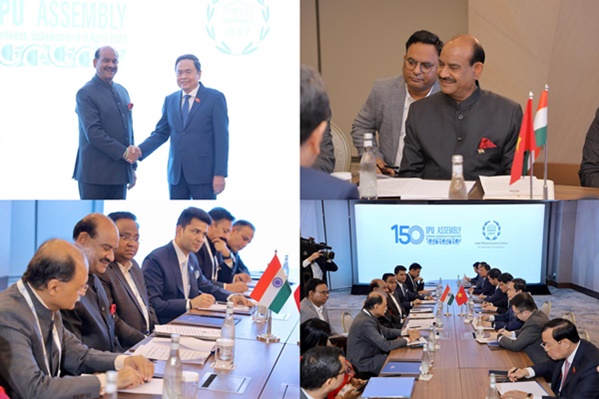Jaitley unveils pro-poor budget
Mon 29 Feb 2016, 13:18:03

Finance Minister Arun Jaitley unveiled a budget for the poor on Monday, announcing new rural aid and health programmes in a strategy shift that could boost his ruling party in coming state elections.
Presenting his third budget, Jaitley described Asia's third-largest economy as a bright spot in a gloomy landscape and reiterated a forecast that it would grow by 7.6 percent in the fiscal year that is drawing to a close.
But he said the government wanted to ensure that the benefits of growth were more widely shared among India's 1.3 billion people.
"We have a shared responsibility to spend prudently and wisely for the people, especially for the poor and downtrodden," the 63-year-old finance minister, who wore a powder-blue jacket, said in his opening remarks to lawmakers.
The spending package for the 2016/17 fiscal year from April 1 marks a radical shift from Prime Minister Narendra Modi's initial focus on investing in infrastructure in a bid to kick-start private-sector investment that remains
weak.
weak.
Jaitley described his three priorities as: strengthening India's firewalls by ensuring macroeconomic stability and prudent fiscal management; driving growth through domestic demand; and reforms to boost economic opportunity.
Key areas of policy focus would be farming, social reforms, infrastructure and recapitalising India's banking system.
Modi's landslide election victory in 2014 raised hopes he would draw a line under India's socialist past, cut welfare and reduce the government's role in business.
In its first two years in power, his government splurged on roads and railways at the expense of welfare programmes in the hope of creating economic stimulus.
Modi's gamble was that infrastructure investment would yield dividends for the poor and the rural community. Four in 10 Indians rely directly on farming for their livelihoods, the government estimates.
Rising rural distress after back-to-back droughts and a recent heavy election defeat in a largely agricultural state have upset that calculus.
No Comments For This Post, Be first to write a Comment.
Most viewed from Specials
Most viewed from World
AIMIM News
Latest Urdu News
Most Viewed
May 26, 2020
Do you think Canada-India relations will improve under New PM Mark Carney?
Latest Videos View All
Like Us
Home
About Us
Advertise With Us
All Polls
Epaper Archives
Privacy Policy
Contact Us
Download Etemaad App
© 2025 Etemaad Daily News, All Rights Reserved.






















.jpg)
.jpg)
.jpg)

















